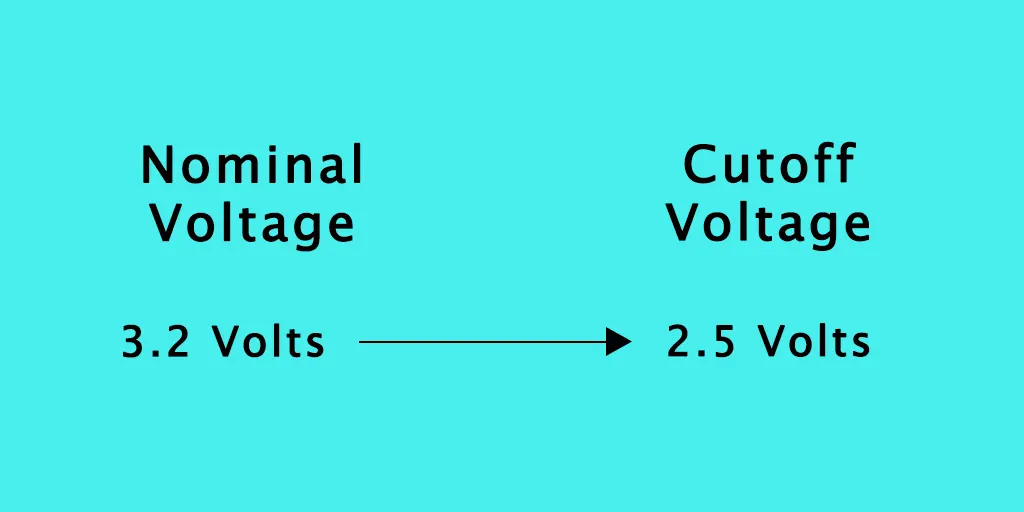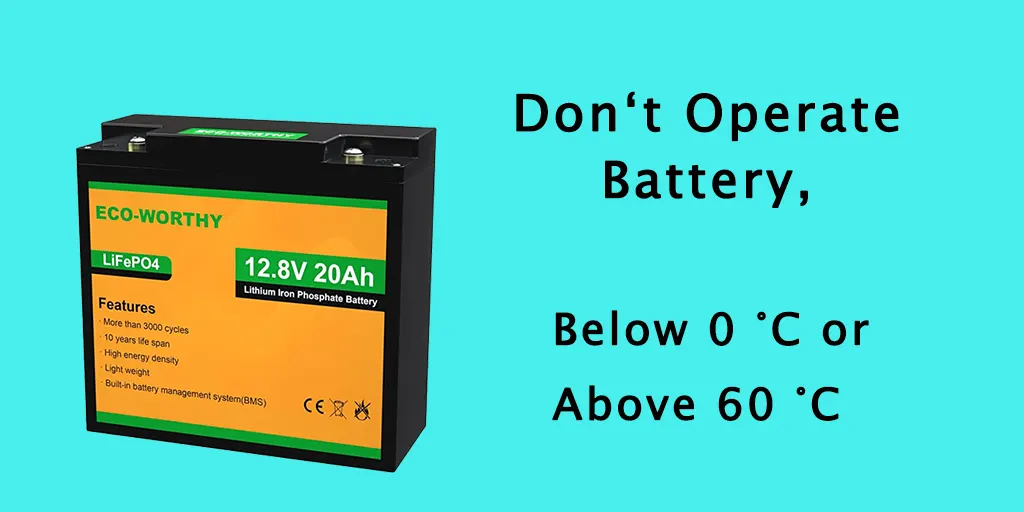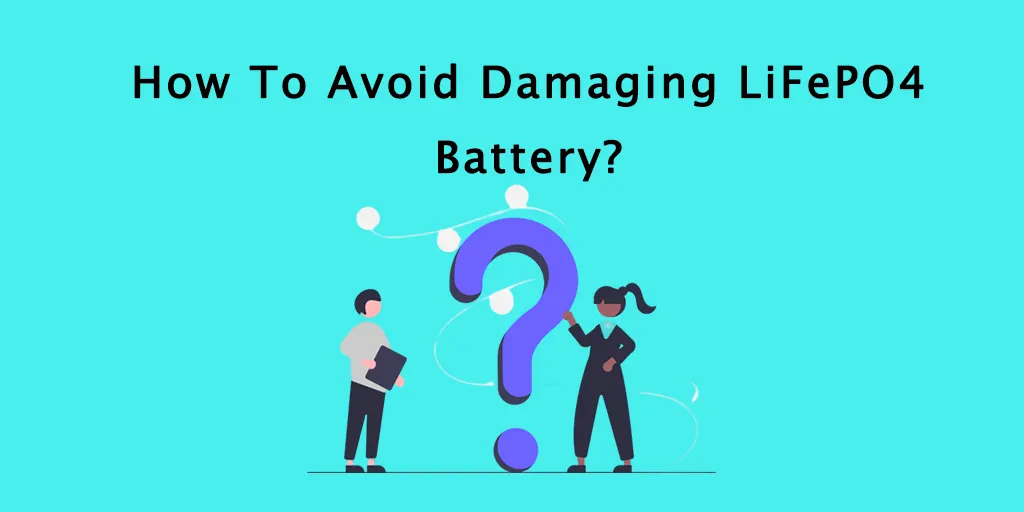You might be wondering what can cause a LiFePO4 battery to die.
We know LiFePO4 is the safest battery in the world right now. But what are its limits, and what can kill it after all? We are here to discuss that.
What Causes LiFePO4 To Die?
In extreme cases, the LiFePO4 battery will die because of overcharge or over-discharge. Occurring too often can cause permanent damage to your battery cell. Besides, the short circuit resulting from overcharging can also kill your battery.
If you discharge your LiFePO4 battery beyond the cutoff voltage, it might kill your battery permanently. LiFePO4 cells have a 3.2V nominal voltage.
Their cutoff voltage is 2.5 volts. Going further down while discharging will put your battery in sleep mode, and you might be unable to revive it again.

Here’s the cutoff voltage for various LiFePO4 batteries:
| Nominal Voltage | Cutoff Voltage |
| 3.2 Volts | 2.5 Volts |
| 12 Volts | 10 Volts |
| 24 Volts | 20 Volts |
| 48 Volts | 40 Volts |
LiFePO4 battery will become irreversibly damaged if you do not handle it properly. It will be dead in case of severe abuse or battery life will be reduced. You must charge it with the specific charger it comes with. Charging it with any other charger, especially homemade ones, can cause damage.
You should also use included accessories that come with the battery while discharging. If you see any issue with your LiFePO4 battery, take it to an authorized service center as soon as possible. Do not try to fix it yourself, for it can worsen things.
LiFePO4 batteries can die because of their age. With time, batteries will degrade their performance and eventually become unusable.
Can Temperature Kill LiFePO4 Battery?
Temperature is a crucial element for LiFePO4 batteries. You have to maintain the prescribed temperature while using and storing your battery. According to a study published in the Vehicle Power and Propulsion Conference, you should not operate LiFePO4 batteries below 0 °C or above 60 °C.

However, other studies show you can store and use this battery between -20 C and 60°C. This is the safe temperature that you must strictly maintain. LiFePO4 batteries are designed to work within a specific temperature range; going out of that range may kill the battery.
Be very careful while storing as well. There is a prescribed temperature range for that as well. Storing and operating at below-freezing temperatures will cause lithium plating and cracking of the ABS casing. In both cases, your batteries can be damaged for good.
Again charging them at very low temperatures will slow down the chemical reaction inside and start producing heat which can cause a short circuit. It can also cause your battery to die.
What Are The Warning For a Damaged LiFePO4 Battery?
A LiFePO4 battery can be damaged for many reasons. Mostly the reasons are overcharging, over-discharging, temperature issues, abuse, etc. But if you do not repair a damaged battery, it will die eventually. But how do you understand your battery is damaged?
Well, a damaged LiFePO4 battery will have some common symptoms. When you notice one of the symptoms, you should be alert and take your battery to an authorized repair shop or servicing center.
Here are the common symptoms of a damaged LiFePO4 battery:
- Your battery will start overheating excessively.
- The voltage will become lower.
- You will get a low current from your battery, leading to a lower capacity.
- The battery will start discharging fast.
- You will get an unusual smell from your battery.
- Swollen and discolored battery.
- Your battery will be bloated.
These are warning calls that you should repair your battery fast. But do not try to repair them yourself. Even if you succeed in repairing it, you might not get the same result from your battery as before.
How To Avoid Damaging LiFePO4 Battery?

LiFePO4 batteries have more than 5,000 charge cycles and are designed to last as long as 10 years. With proper care and maintenance, it’s very much possible to operate this battery for 10 years. First, ensure that you do not abuse the battery.
You should not excessively charge and discharge your battery. Make sure you regularly clean your battery to remove dust and debris from them. Wash them with clean water and soap. Do not keep your battery outside; always use them at the prescribed temperature.
Final Thoughts
A LiFePO4 battery can die if you do not operate it properly. So, always try to use it as per the instructions from the manufacturer. Remember, your battery warranty will be null and void if you do not use it properly.
References
1. L. Jiexun et al. (2012). Study on the effects of temperature on LiFePO4 battery life.

Eng. Matthew Joseph Nandirio is the Founder of walkingsolar.
After graduating from the University of Houston in 2002, matt started working as a Solar Electrical Engineer for several multi-national solar energy companies.
He has a wide range of experiences including solar system requirement analysis, planning, maintaining, debugging and even solar device development through research.
He now shares his 20 years of expertise through his articles on the walkingsolar website.
Further, he is also the author of two books on Solar Technology, “Solar Power for Villages” and “DIY Solar System for Dummies”.

